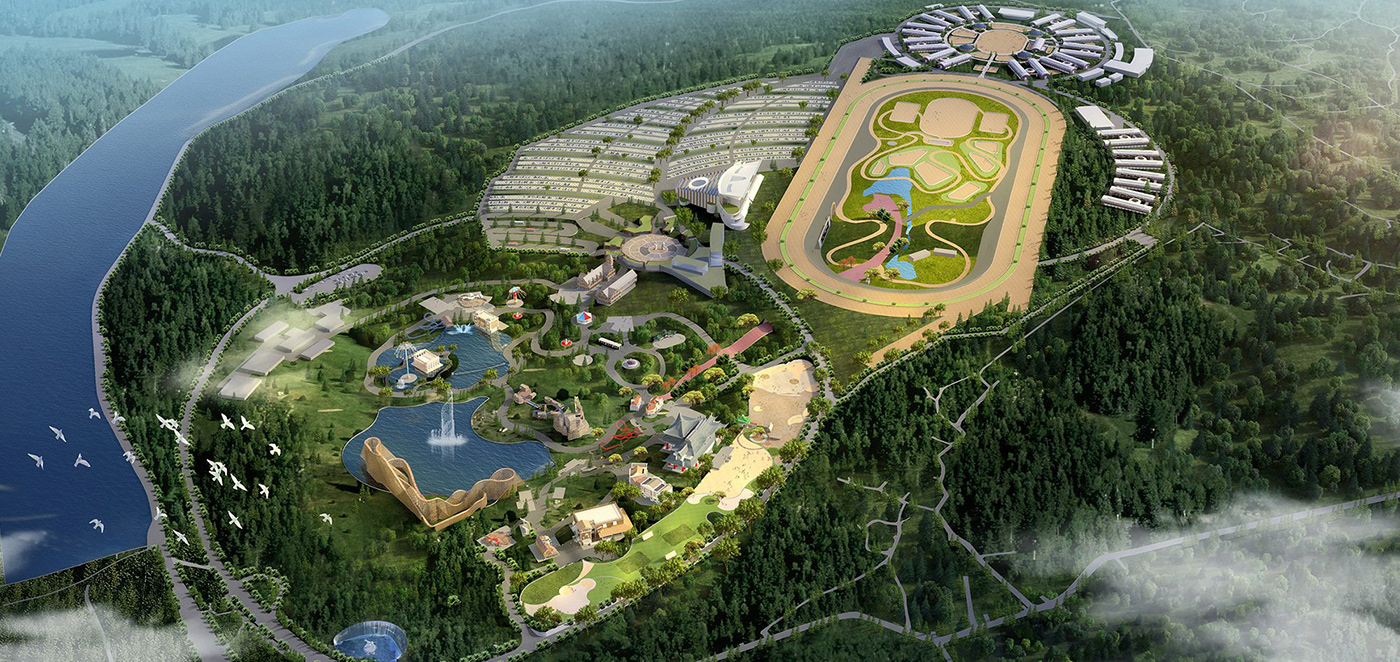Did Yeongcheon City Inflate Estimated Estimate of Leisure Tax Revenue at Horse Race Park?

There is a controversy that Yeongcheon-Si, Gyeongsangbuk-Do greatly inflated the estimate of leisure tax revenue expected from the opening of Yeongcheon Horse Racing Park by the Korean Equestrian Association.
An analysis is coming out that the estimate that Yeongcheon City has advertised as 20 to 30 billion won a year is actually only one-tenth, or 2 to 3 billion won.
According to Yeongcheon City on the 31st, Yeongcheon Horse Racing Park invested 370 billion won on a land of 1,452,813 square meters in Yeongcheon and Daemi-Ri, Geumho-eup, and Daepyeong-ri, Cheongtong-myeon, with 2 sides of Gyeongju-ro, 1 basement level, 4 ground-level viewing platforms, and various other facilities. Ancillary facilities will be built in phases 1 and 2.
It was scheduled to open with the completion of the first phase of the project in the second half of 2025, but is expected to open in the first half of 2026 as the selection of a contractor is delayed.
The city of Yeongcheon has been promoting that when the Horse Racing Park opens, it will contribute to revitalizing the local economy with an economic ripple effect of KRW 1.8 trillion, including an annual leisure tax of KRW 20-30 billion.
However, in the case of leisure tax income, it is analyzed that it will be difficult to exceed the maximum of 10 billion won after it is only 2 to 3 billion won at the beginning of the opening.
In order for the leisure tax, which is 10% of the total betting ticket sales, to exceed 20 billion won, the number of races sold must be at least 1,200 and 600 to 700 races for 10 billion won. This year, the number of race days in Seoul (Gwacheon), Busan Gyeongnam, and Jeju Race Park is 96 days, and the number of races released is 1,372, 1,273, and 1,273 races, respectively.
On the other hand, Yeongcheon Racing Park, which has two raceways, one for racing and one for training and practice, is not open year-round, but racehorses belonging to the Busan Gyeongnam Race Park are closed during the holidays. Therefore, it is expected that the number of race days in the initial opening will be less than 30 days, and the number of races released will be only 12 races a day.
In addition, as horse racing is regulated by the meandering industry's gross sales system, it is reported that the number of races in the other three horseracing parks must be reduced as much as the number of races in Yeongcheon Racecourse, so plans such as expansion of raceways are not included in the second phase of the project promotion process.
Therefore, it is pointed out that the rosy blueprint of the increase in local tax revenue expected with the opening of Yeongcheon Racecourse Park will be greatly reduced in reality.
Yeongcheon City Councilman Kim Sang-ho said, "There is no concrete basis for the economic ripple effect after the opening of the horse racing park, including leisure tax revenue."
An official from Yeongcheon City said, "The Yeongcheon Horse Racing Park benefits from a 50% reduction in leisure tax for 30 years 경마사이트프로, so there is ample room for adjustment of the number of races through consultation with the horse association. We will find a way to do it,” he said.


